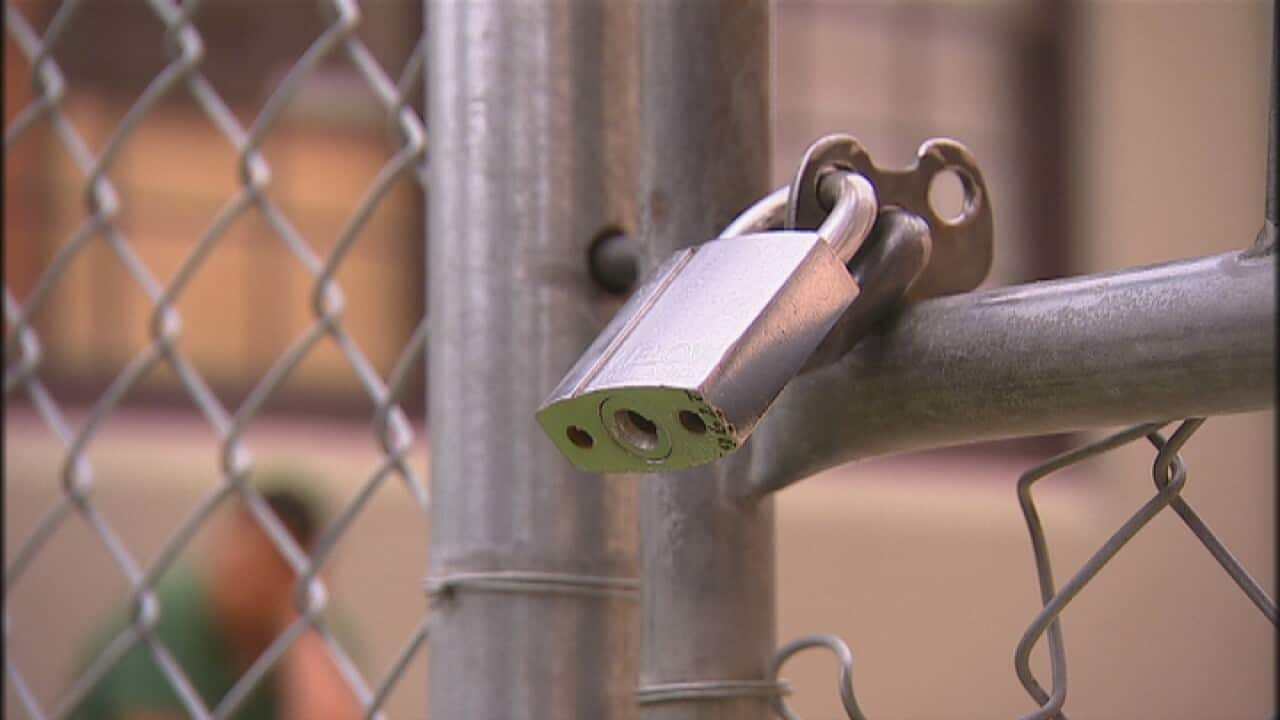The National Body representing Indigenous legal services (NATSILS) has expressed its disappointment at the failure to provide additional funding to on the ground legal assistance services, which could have far-reaching consequences for the lives of Indigenous people.
The organisation fears that the lack of additional funding will see Indigenous people further “entrenched” in poverty and the lack of support will see more people in the criminal legal system due to COVID-19 over-policing, family violence, and housing issues.
Nerita Waight, the co-chair of NATSILS and CEO of the Victorian Aboriginal Legal Services, said that the 2020 budget failed to acknowledge the increase in demand for Aboriginal community legal services, in line with the impacts of COVID-19.
“It’s been really frustrating in my service, where we faced over an 18% jump in service demand over 12 months, and a lot of that was due to family violence as well as disadvantage,” said Ms Waight.
NATSILS expressed its disappointment at being excluded from the Federal Budget Lock-Up and said that the exclusion of the organisation, along with several other Aboriginal community-controlled organisations and legal peaks had occurred “at a time of importance for our people and the nation”.
Ms Waight emphasised that NATSILS services were already unable to meet demand and experienced substantial delays and understaffing due to the restrictive budgets in place.
“We couldn’t meet that demand. And certainly, that impacts on the level of our people who are being incarcerated who are being subject to orders that they shouldn’t be, or are having unfair conditions imposed upon them,
“This is something our communities suffer on many levels, but in something this pivotal – the federal budget, which was considering our road to recovery from COVID-19, it’s incredibly shameful that we were not included,” said Ms Waight.
In a statement, NATSILS said that as the "most incarcerated people on earth", the organisation fears that the lack of funding in addition to the reduction of social security payments, lack of allocation towards the provision of additional social housing, and absence of culturally safe disability supports, has the potential to entrench more Indigenous people in the justice system.
“It really drove home that this budget makes the lives of rich people easier while poor people feel the brunt of once again being left behind by the government,” said Ms Waight.
NATSILS and the wider legal assistance sector said that the $310 million a year that the Law Council of Australia cited as required to "address critical gaps in the system" in March had not been delivered, in spite of Tuesday's budget seeing $132.1 million over four years being invested in resourcing the Federal Circuit Court to expedite family court matters.


